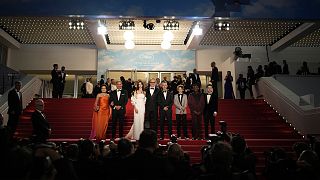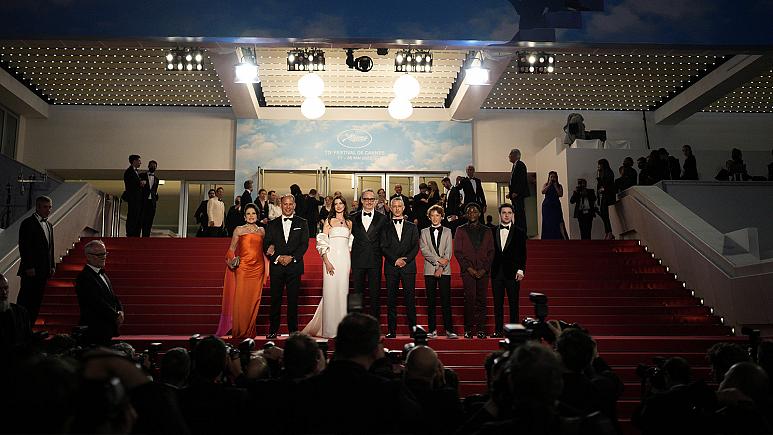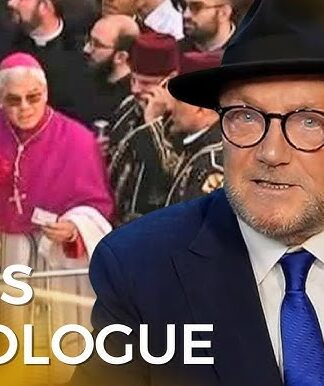Cannes Film Festival: No clear favourites for this year’s Palme D’Or

The 75th Cannes Film Festival wraps Saturday with the presentation of the Palme d’Or and other awards selected by the nine-member jury headed by French actor Vincent Lindon.
The closing ceremony brings to a close a Cannes that has attempted to fully resuscitate the annual France extravaganza which was cancelled in 2020 by the pandemic and saw modest crowds last year.
This year’s festival also unspooled against the backdrop of the war in Ukraine, which sparked red-carpet protests and dialogue about the purpose of cinema in wartime.
But what’s going to win? The Palme, one of film’s most prestigious awards, is famously impossible to predict, hinging entirely on the deliberations of the jury which take place in private.
Last year, the French body horror thriller Titane took the prize, making director Julia Decournau only the second female filmmaker ever to win the Palme.
In 2019, Bong Joon Ho’s Parasite triumphed in Cannes before doing the same at the Academy Awards.
Arguably — and there is always arguing at Cannes — among the best-received films that could win the Palme are Lukas Dhont’s Belgian coming-of-age drama Close, Park Chan-wook’s twisty Korean neo-noir Decision to Leave, Cristian Mungiu’s Romanian drama R.M.N., Ruben Ostlund’s social satire Triangle of Sadness and James Gray’s semi-autobiographical ’80s New York tale Armageddon Time.
Our correspondent Frédéric Ponsard asked the international press critics at the festival for their predictions on who might go home with the coveted Palme d’Or.
For ParisBCN Journalist, Vicenç Batalla, two films caught his attention: Armageddon Time and Pacification by Albert Serra, a thriller set in French Polynesia.
Three very different films stuck with Radio France Internationale Moyen-Orient’s Houda Ibrahim, despite not having a favourite.
“First, the Iranian film Leila’s Brothers, which paints a portrait of an Iranian family, a very daring portrait. And through this family, we see Iranian society and the transformation of said society,” Ibrahim told Euronews.
She also highlighted Forever Young, a French film by Valeria Bruni-Tedeschi, and Tchaikovsky’s Wife by the Russian director Kirill Serebrennikov as potential winners.


























